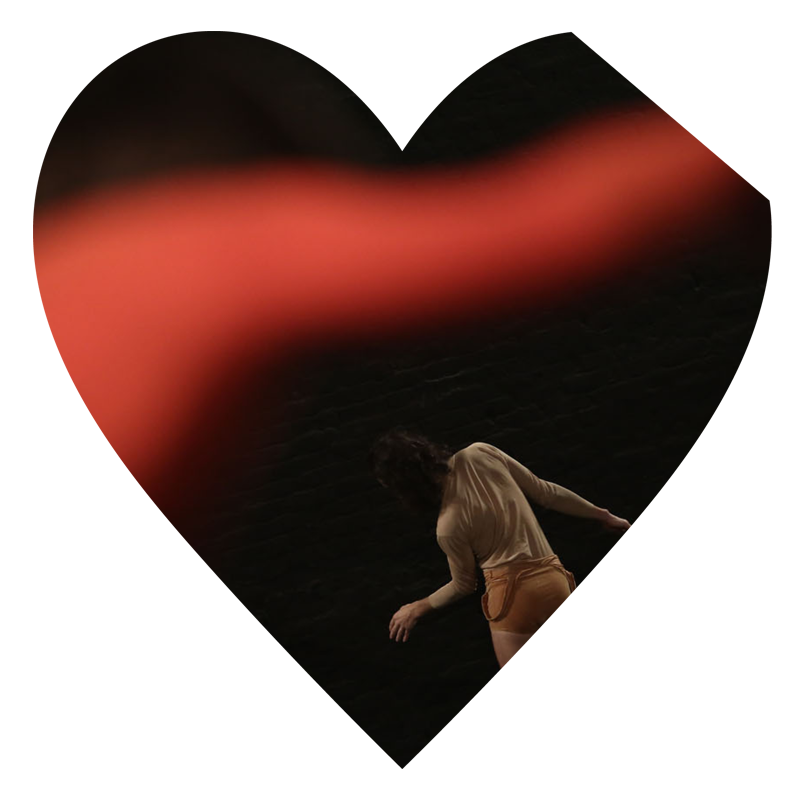Remains Persist

Class
The Keith Haring Theatre
December 10, 11, 17, 18 | 1 – 2:15pm
Free with RSVP
“Organ Work” is a free dance class open to all.
Performance
The Keith Haring Theatre
December 10, 11, 17, 18 | 3 – 7pm
Tickets
Remains Persist evolves throughout its duration. Please spend as much time as possible.
To Moriah Evans, choreography is a social process. Her work draws on somatic practices and feminist critiques of performance and visual culture to expand dance beyond the visible. In her latest work, Evans examines how historical and ongoing forms of socio-political transformation remain as information within the body. Remains Persist works from the remainders—of ancestral histories, lived experiences of race, societal catastrophes, socio-political hierarchies, displacements, imaginations, fantasies, pleasures and more—that live differently in each of our bodies. If this information is invisible, can it be consciously activated and witnessed through movement, utterances, and language? Evans charges the theater with its potential to reconfigure power structures and systemic inequities. In the artist’s own words, “A lot of my work has been about dance and referencing discourses within dance, but this piece uses dance to contend with discourse in the world. And with that, I’m claiming dance, or the body, as a site where people can heal.” Remains Persist evolves throughout its duration. Though the work is open and porous—late seating is permitted and the audience may enter and exit as they please—it is recommended that attendees spend as much time as possible in the space to enable experiential transformation. As Evans puts it, “the longer you stay, the closer you get to theater.”
*Remains Persist evolves throughout its duration. Between 1-2:30 pm, the public is invited into a free Open School dance class facilitated by Evans and the performers. Then, between 3-7 pm, Evans and collaborators create and enact a clinic where remains are investigated, researched, and probed. Though the work is open and porous (late seating is permitted and the audience may enter and exit as they please) it is recommended that attendees spend as much time as possible in the space to enable experiential transformation. As Evans puts it, “the longer you stay, the closer you get to theater.”
